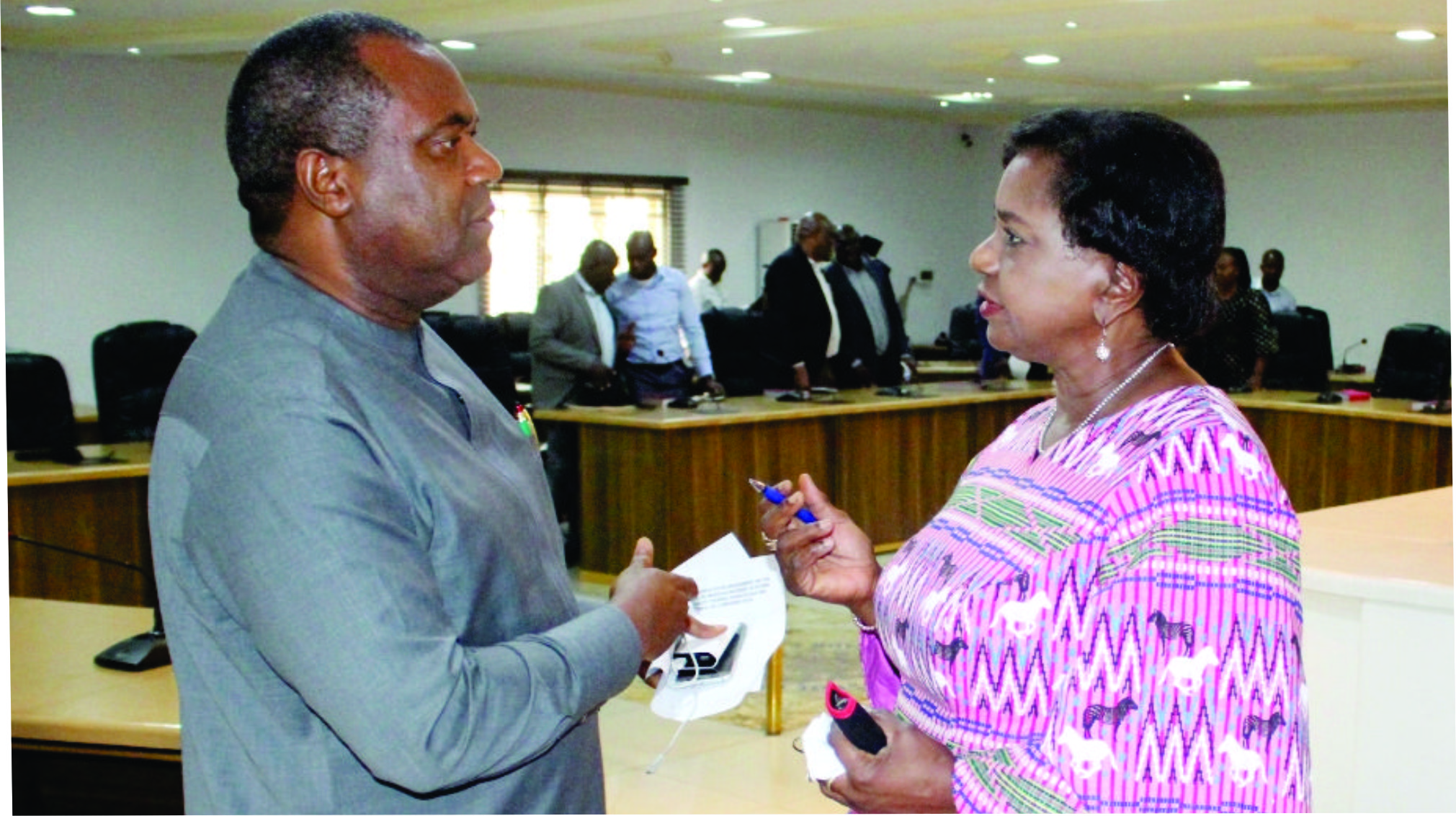Business
Stakeholder Faults Customs’ Directives On Port Decongestion

A maritime executive and former President – General of Maritime Workers Union of Nigeria, Tony Emmanuel has taken a swipe at the recent directive by the Nigeria Customs Service to discontinue the use of badges in moving cargoes and containers from Lagos seaport and decongest the ports.
According to him, the move will further aggravate port congestion.
Emmanuel who was speaking with aviation correspondents, yesterday, in reaction to the moves by the customs said that concentration was so much on the Lagos seaports, while other ports in the country were neglected.
According to him, the Onne Port in Rivers State, which is the centre for oil and gas has the capacity to handle much cargo, but it is being underutilised because of political considerations.
He urged the federal government and relevant authorities to address the issue of ports congestion by giving attention to other ports outside Lagos, for healthy and favourable competition among ports.
The Comptroller General of Customs, Hameed Ali had in a circular to officers on March 12, 2020 cited gross irregularities on the part of badge operators who he alleged had been diverting cargoes away from the approved destinations.
Also, the Director- General of the Federal Inland Waterways, Dr. George Moghalu had earlier made efforts to permit containers and bulk cargoes to be moved by badges through the waterways to tackle congestion.
The Nigerian Ports Authority (NPA) in a bid to decongest the Lagos seaports had issued licenses to those who are interested to go into badge operations.
But Emmanuel said the customs’ directives would worsen the congregation being experienced at the Lagos seaports.
By: Corlins Walter
Transport
Automated Points Concession : FAAN Workers Gave 72hrs To Revise Decisions In PH

Transport
FAAN Announces Pick-Up Points for Go-Cashless Cards

Business
Fidelity Bank To Empower Women With Sustainable Entrepreneurship Skills, HAP2.0
-

 Politics3 days ago
Politics3 days agoSenate Urges Tinubu To Sack CAC Boss
-

 News3 days ago
News3 days agoAmend Constitution To Accommodate State Police, Tinubu Tells Senators
-

 News3 days ago
News3 days agoDisu Takes Over As New IGP …Declares Total War On Corruption, Impunity
-
Business3 days ago
President Tinubu Extends Raw Shea Nuts Export Ban To 2027
-
Business3 days ago
Crisis Response: EU-project Delivers New Vet. Clinic To Katsina Govt.
-
Business3 days ago
President Tinubu Approves Extension Ban On Raw Shea Nut Export
-
Sports3 days ago
NDG: Rivers Coach Appeal To NDDC In Talent Discovery
-
Business3 days ago
Fidelity Bank To Empower Women With Sustainable Entrepreneurship Skills, HAP2.0

